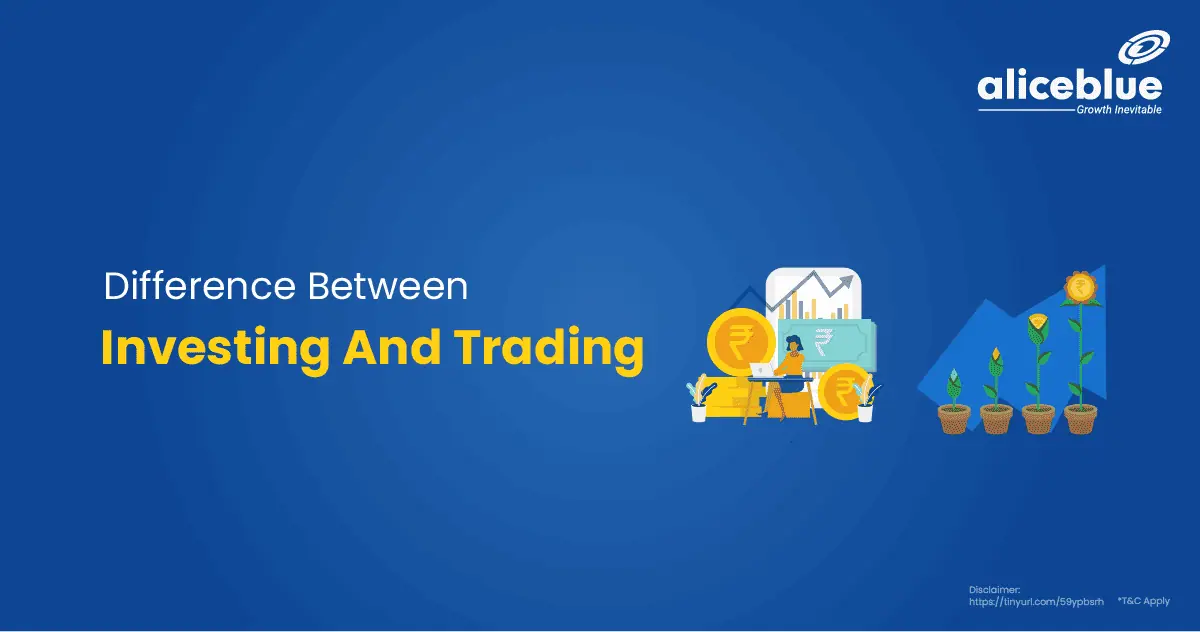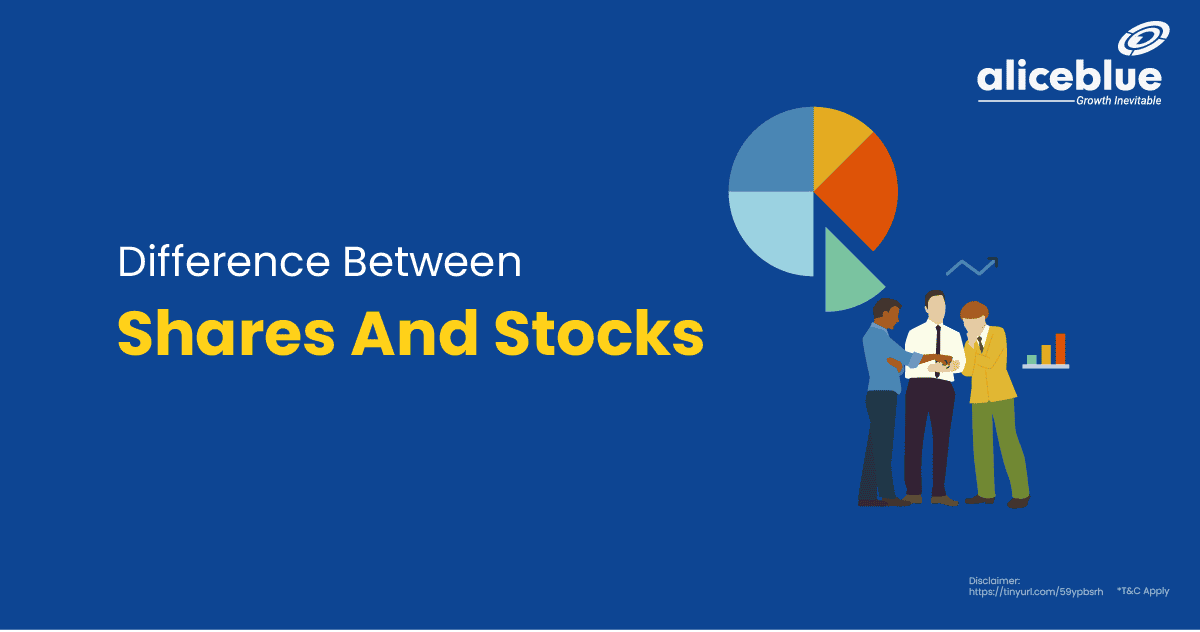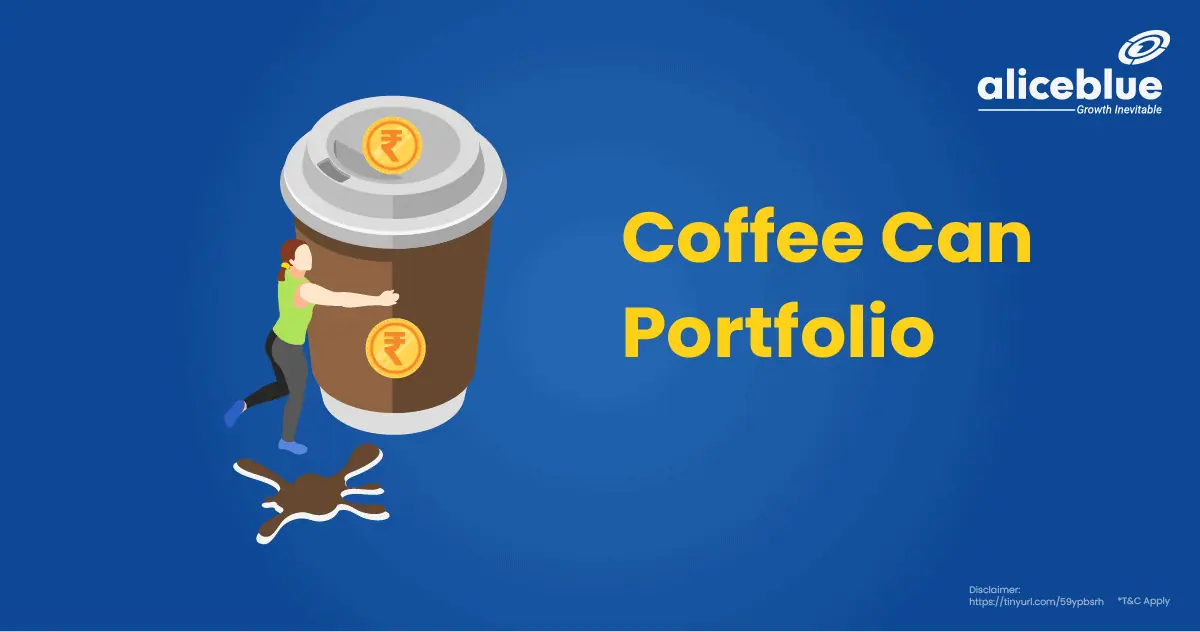The main difference between investing and trading is that investing involves holding assets for the long term, focusing on gradual growth and dividends. Trading, on the other hand, is short-term, aiming for quick profits by buying and selling securities based on market fluctuations.
Content:
- Trading Meaning
- What Is Investing?
- Investing vs Trading
- Trading Vs Investing Difference- Quick Summary
- Difference Between Investing And Trading – FAQs
Trading Meaning
Trading refers to the buying and selling of financial instruments like stocks, bonds, commodities, and currencies, often within short timeframes. It’s primarily driven by the goal of capitalizing on market fluctuations to generate profits, differing from long-term investment strategies in its focus and methods.
Traders use various strategies, including day trading, swing trading, and scalping, to exploit market movements. They rely on technical analysis, market trends, and economic indicators to make informed decisions, seeking to buy low and sell high in a relatively short period.
The risks and rewards of trading are generally higher compared to long-term investing. Successful trading requires skill, discipline, and a deep understanding of market dynamics. It’s a field that attracts individuals and institutions looking for immediate financial gains, often at a higher risk.

What Is Investing?
Investing is the process of allocating resources, typically money, with the expectation of generating an income or profit over time. It often involves purchasing assets like stocks, bonds, or real estate, to grow wealth over a long-term horizon through appreciation, dividends, or interest.
This long-term approach usually means holding investments through market ups and downs, focusing on future potential rather than immediate returns. Investors often diversify their portfolios across various asset classes to reduce risk and maximize potential gains, balancing stability with growth.
Investing also encompasses more than just financial markets; it can include investing in education, a business, or any venture where the aim is for future gain. The key characteristic is the intent to create future wealth, whether through capital gains, ongoing income streams, or both.
Investing vs Trading
The main difference between investing and trading is the timeframe and strategy used. Investing focuses on long-term wealth accumulation through buying and holding assets, while trading aims for short-term profits by frequently buying and selling securities, capitalizing on market fluctuations.
| Criteria | Investing | Trading |
| Timeframe | Long-term (years to decades) | Short-term (days to weeks) |
| Goal | Wealth accumulation, dividends, appreciation | Quick profits from market fluctuations |
| Risk Tolerance | Generally lower, with a focus on stability | Higher, due to market volatility |
| Approach | Buy and hold strategy | Frequent buying and selling |
| Market Analysis | Fundamental analysis, long-term trends | Technical analysis, short-term trends |
| Example Assets | Stocks, bonds, real estate | Stocks, options, futures |
| Capital Growth | Gradual and steady | Rapid, but with potential for significant loss |

Trading Vs Investing Difference- Quick Summary
- The key difference between investing and trading is that investing is about long-term wealth growth through asset holding, while trading seeks quick profits through frequent buying and selling based on market changes.
- Trading involves the short-term buying and selling of financial instruments, like stocks and bonds, aiming to profit from market fluctuations. This contrasts with long-term investment strategies, focusing on quick gains rather than gradual wealth accumulation.
- Investing involves allocating money to assets like stocks, bonds, or real estate, aiming for long-term wealth growth through appreciation, dividends, or interest, and focusing on generating income or profits over an extended period.
- Open free demat account with Alice Blue in 15 minutes today! Invest in Stocks, Mutual Funds, Bonds & IPOs for Free. Also, trade at just ₹ 15/order and save 33.33% brokerage on every order.
Difference Between Investing And Trading – FAQs
What Is The Difference Between Investing And Trading?
The main difference is that investing focuses on long-term wealth growth and stability, while trading seeks quick profits through frequent buying and selling based on short-term market movements.
What Do You Mean By Investing?
Investing means allocating resources, typically money, into assets like stocks, bonds, or real estate, to generate income or profit over time, focusing on long-term appreciation and financial growth.
What Are The Types Of Investment?
The types of investments include stocks, bonds, mutual funds, exchange-traded funds (ETFs), real estate, commodities, and increasingly, digital assets like cryptocurrencies. Each offers different risk levels and potential returns, catering to diverse investment strategies and goals.
How Do I Start Trading?
To start trading, open a brokerage account, research and choose your trading platform, educate yourself on market principles and trading strategies, start with a budget, and practice with virtual or small real trades to gain experience.
Are Traders And Investors The Same?
Traders and investors are not the same. Traders engage in short-term buying and selling to profit from market fluctuations. Investors focus on long-term asset growth, prioritizing stability and gradual wealth accumulation.







